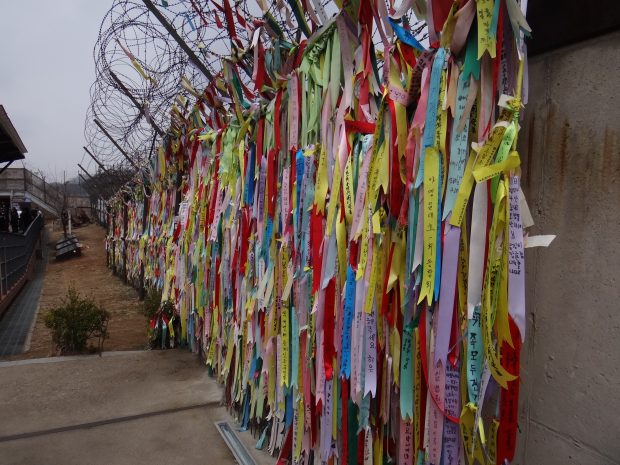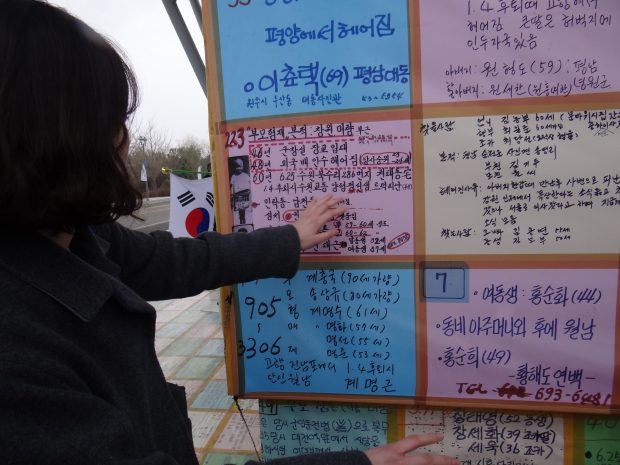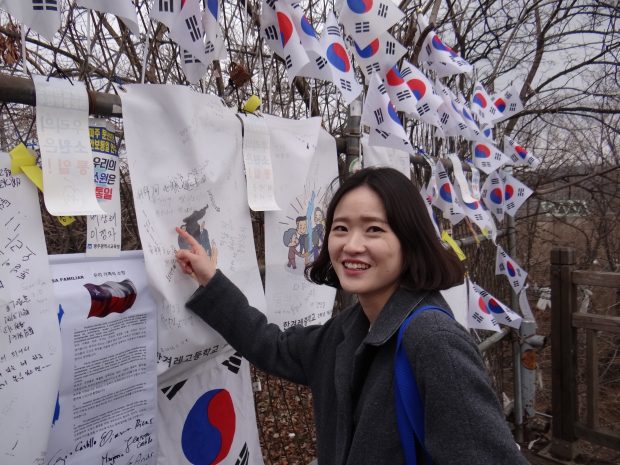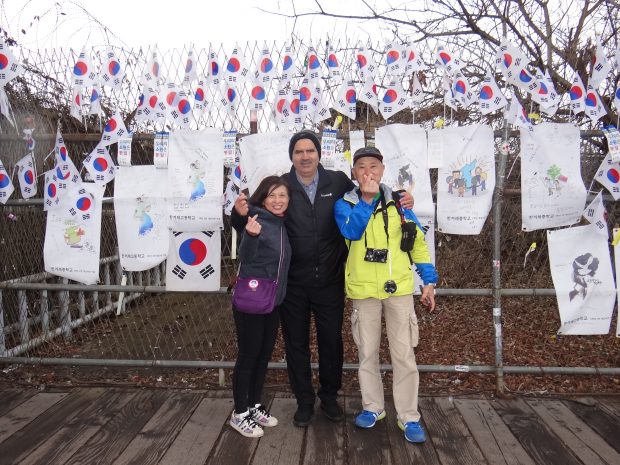
Humane approach needed as first step to peace on Korean Peninsula

By Habib Toumi
BAHRAIN: One of the most emotional sights that has struck me throughout my career in journalism that has taken me to numerous countries was the desperate messages and worn pictures left by Koreans to their northern brethren at the Demilitarized Zone (DMZ), the world’s most fortified border keeping Korean families apart for seven decades.
The 250-kilomter border along the 38th parallel and the four-kilometer-wide Demilitarized Zone (DMZ) established in 1953 as a buffer zone have not limited the empathy and connection of the Koreans.
Everybody knows that these messages will not be read and that the pictures will not be seen by those intended for them. Yet, the desperate Koreans still leave messages, pictures and contact numbers as it gives them a slight feeling of connection to a past that they do not want to forget despite the passage of years and decades.
For me, that glimpse at the pain inflicted on families separated by the war, the long political divide on the peninsula and the fluctuating tensions between South and North Korea would stay with me and even haunt me for a long time.
I could feel the tragic dimension of the division. The pain I felt was poignant and vivid even though the war that sliced the Korean Peninsula broke out 70 years ago.
Regardless of all political orientations, a human solution is needed to achieve peace.

Today, other divided countries have moved forward. in Ireland, Germany, Vietnam, Cyprus to some extent in some cases, but there are many positive steps.
The same should happen in Korea. The technical state of war should be ended, the use of deterrents should be dismissed, and a humane solution to ease the plight of divided families should be reached.
While the first generations have been forced to bear the brunt of the terrible war and painful division, the younger generation does not have to go through the same agonizing torment.
Most Koreans are not interested in the big stakes put forward by politicians such as whether lifting sanctions in their entirety should come ahead of full denuclearization or the opposite … Such issues are too weighty to be solved easily, can only create serious diplomatic challenges and grave hostility and inevitably cause negotiations to fail.
Koreans want humanitarian steps that would enable them to reunite with the surviving members of their families before time tragically runs out.

The best way is to start with small steps that are acceptable to the parties involved in the war. Those steps will be positively incremental towards greater peace prospects.
Negotiations should focus on common views, then move on to the points of difference.
So, the best solution is to take a positive approach to build mutual trust and start with areas where divergences are minimal. The adage attesting to the need for time to create great things is well-known: “Rome wasn’t built in a day”. So, patience and open channels are crucially needed.
At the same time, there must not be any hint of triumphalism and no party should believe they have the assets and the strength to have their way.
No country or party will accept conditions that are or look humiliating. The concept is to make sure everybody feels he is a winner, or at least not a loser.



